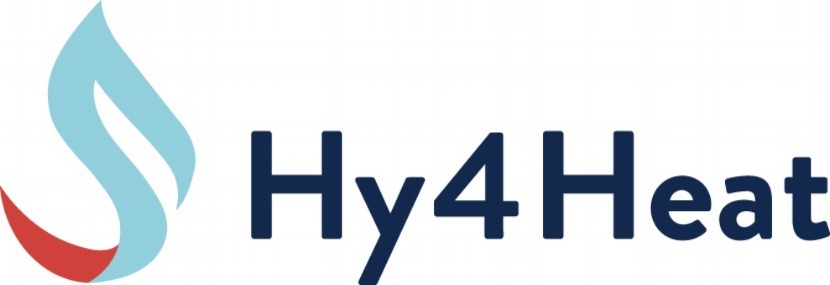Answers to some frequently asked questions
Will there need to be new hydrogen gas standards for Hy4Heat?
Yes, IGEM, the Institiution of Gas Engineers & Managers, has been appointed to develop hydrogen standards for the Hy4Heat programme (WP2). IGEM reviewing all relevant existing standards and bringing together a group of technical specialists to identify knowledge gaps, both in the UK and internationally.
Three IGEM working groups will look at: DSEAR (dangerous substances and explosive atmospheres regulations), materials, leakage rate and ventilation; appliance location, fluing, installation and air supply; and installation.
IGEM will be delivering this together with industry partners DNV GL, Global Energy Associates, Health & Safety Laboratory, Heating and Hotwater Industry Council (HHIC) and ICOM Energy Association.
Will there need to be new certification for hydrogen appliances?
Hydrogen appliances are to be certified under GAR (Gas Appliance Regulation). These regulations will be aimed at providing guidance on the testing and certification of hydrogen gas appliances for notified bodies and appliance manufacturers.
BSI has developed a new publicly available standard, PAS 4444, to be used primarily on the Hy4Heat programme but the aim is that it forms the basis for widescale standardisation of hydrogen-fuelled appliances. PAS 4444 is a guide to be followed by appliance manufacturers regarding functionality, safety, installation, operating and servicing requirements for their hydrogen-fuelled and hydrogen/natural gas dual-fuelled or converted appliances.
What exactly does PAS4444 cover?
PAS4444 gives guidance on the development and construction of hydrogen-fired gas appliances, which are either purpose-built to use hydrogen or are designed to be converted to use hydrogen.
The PAS covers the functional specification of the appliance, including specific advice on the demonstration of safety, including worst case conditions to stress the appliance in excess of that it is likely to experience in normal service.
It also covers the setting of limit (upper and lower) hydrogen supply pressures and limit voltages. It discusses the possible arrangement of fittings and devices acknowledging the application to hydrogen fired appliances.
The PAS also covers tests regarding both delayed ignition and unintended ignition of accumulated gas (which has leaked from the gas circuit) within the case of the appliance and/or its flue.It also covers advice on manufacturer’s instructions regarding installation of such appliances (including fluing) and their servicing requirements.
The PAS is intended to be used as a supplement to existing standards and generally assumes that any default performance requirements (for example, noise or pressure rating) align with those of an equivalent second family gas appliance unless specifically stated otherwise.
This PAS has been developed with reference to the product standards given as normative references but might be applicable to other similar products.
The PAS also provides guidance on fulfilling the essential requirements of the Gas Appliance Regulation (GAR) for appliances burning hydrogen 1. Annex A provides a list of these essential requirements and indicated where they are addressed in the clauses of this PAS.
This PAS is for use by the manufacturers of hydrogen-fired gas appliances and manufacturers of gas appliances that are designed to be converted to use hydrogen.
The PAS is also of interest to Notified Bodies and other appliance test houses.
PAS 4444 is available for purchase from the BSI.
What about training for gas engineers working with hydrogen?
Energy & Utility Skills has been appointed by BEIS to develop a competency framework for the training, accreditation, and registration of gas engineers working with hydrogen.

